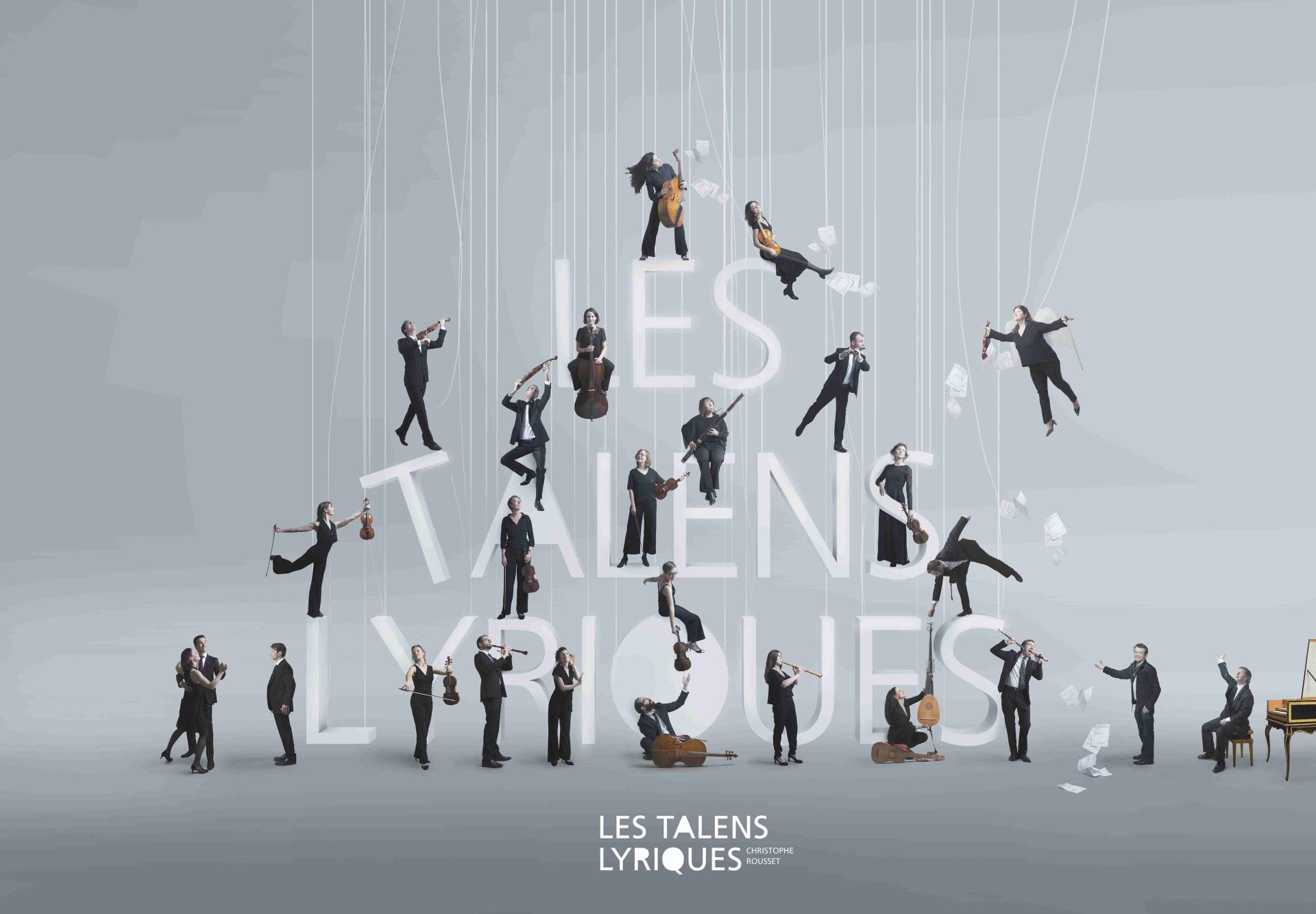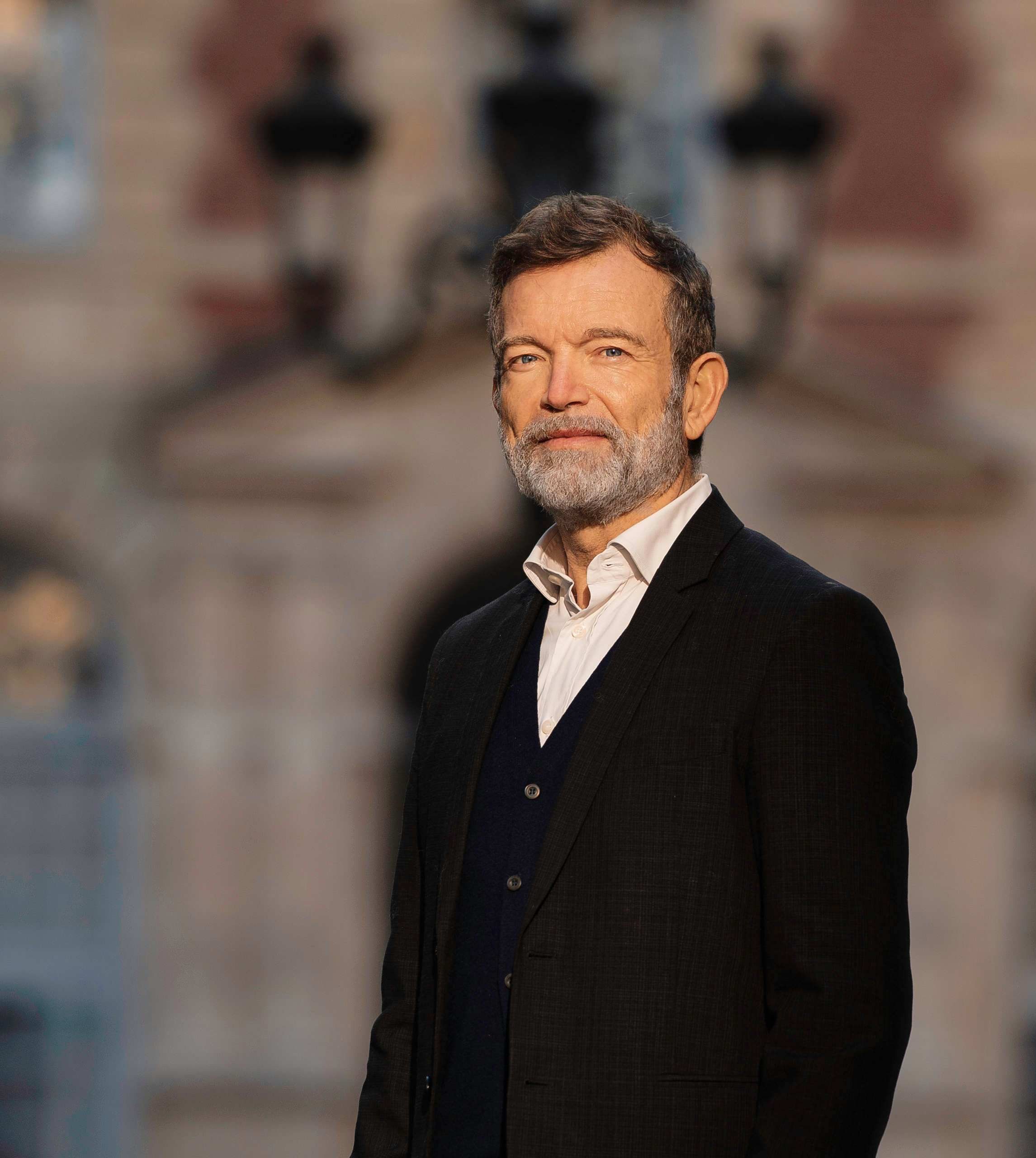LES TALENS LYRIQUES
Programme
- Jean-Philippe Rameau: Pygmalion
- Joseph-Nicolas-Pancrace Royer: Almasis (modern premiere)
Performers
- Les Talens Lyriques
- Choeur de Chambre de Namur
- Christophe Rousset - conductor
- Mathias Vidal - tenor
- Déborah Cachet - soprano
- Natalie Perrez - mezzo-soprano
- Ambroisine Bré - mezzo-soprano
- David Witczak - baritone
Price
Venue
The Prague Spring is hosting the Czech debut of the famous French period ensemble Les Talens Lyriques. In association with the Choeur de Chambre de Namur and five top-rate soloists, headed by harpsichordist and conductor Christophe Rousset, the ensemble will present two one-act operas by French masters from the mid-18th century. In its time Pygmalion was one of Jean-Philippe Rameau’s most popular works. The group will also be performing the opera Almasis by Joseph-Nicolas-Pancrace Royer, and this in its modern premiere. “Being invited to conduct my own orchestra at the Prague Spring is both a joy and an honour. I am very glad to be an ambassador for French music abroad: this is a repertoire close to my heart – it’s part of my DNA,” Rousset states ahead of his festival appearance. “There’s no doubt that Royer and Rameau will conquer the hearts of the Prague audience as well!”

Les Talens Lyriques, performing on historical instruments, was established by harpsichordist and conductor Christophe Rousset more than thirty years ago. Today the orchestra is one of the most respected of its kind. They appear all over the world, they collaborate with leading international opera directors and choreographers, and they have released around sixty CDs with prestigious labels, such as Decca, Erato, Virgin Classics and Naïve. The repertoire of the ensemble, named after Rameau’s opera Les Fêtes d’Hébé, ou les Talens lyriques, spans an arc from early Baroque opera, moving through to the works of Wolfgang Amadeus Mozart and on into early Romanticism. The core of their endeavours, however, is the music of French Baroque composers and their operatic oeuvre. These include actes de ballet, one-act operas with dance elements by Jean-Philippe Rameau and Joseph-Nicolas-Pancrace Royer. “These two works by two great French composers from the time of Louis XV represent the culmination of the acte de ballet genre,” says Rousset. “Music composed for the dance requires mastery of harmony and orchestration, as these composers demonstrate, each in a different way,” he explains. Both works were written in 1748. “Almasis, set in an earthly paradise, is an exotic fable, while Pygmalion, based on a story from Ovid’s Metamorphoses, includes the magical scene of a statue coming to life to the sound of enchanting music, prompting an occasion for the statue to dance.” During Rameau’s lifetime Pygmalion was his most celebrated vocal piece. “Its overture was particularly successful, representing the progress of the sculptor’s hammer,” Rousset adds. While Royer was a generation younger than Rameau, he was asked to write an opera for the Académie Royale de Musique (Paris Opera) before his older colleague. “Royer was a leading musical figure of his time; he was the official harpsichord teacher of the daughters of Louis XV and director of Le Concert Spirituel, the most important musical institution in Paris,” Rousset tells us. “His harpsichord music is among the most accomplished in the French repertoire for this instrument,” concludes the French musician, himself a superb harpsichordist who has published a number of recordings of music by Royer and Rameau.







